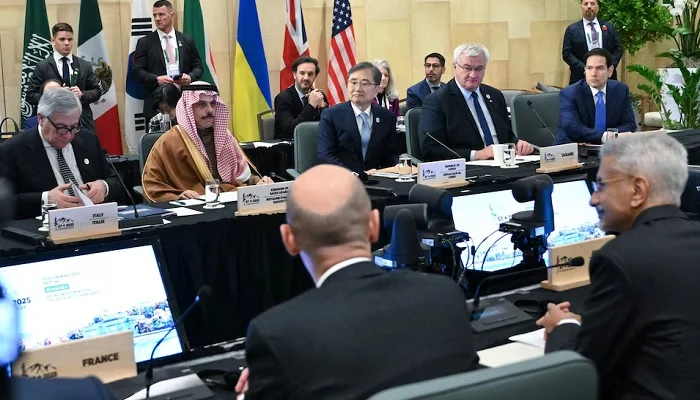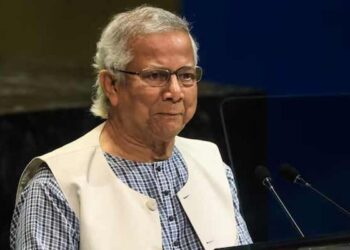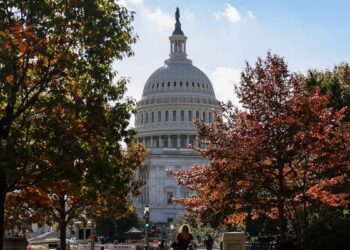Select Language:
The Group of Seven foreign ministers convened on Wednesday to discuss increasing pressure on Russia regarding its ongoing conflict in Ukraine. They also expressed strong support for President Trump’s plan to end the conflict in Gaza and facilitate the release of Israeli hostages held by Hamas.
In their final joint statement, the ministers reaffirmed their backing for Trump’s efforts to resolve the war and emphasized the importance of securing the release of remaining Israeli captives. They also voiced concerns over restrictions on humanitarian aid to Gaza.
Though a ceasefire brokered by the U.S. between Israel and Hamas was implemented on October 10, progress on the subsequent phases of Trump’s peace plan has stalled.
U.S. Secretary of State Marco Rubio attended the meeting in Canada’s Niagara region. Ukrainian Foreign Minister Andrii Sybiha also participated, urging allies to enhance Ukraine’s long-range missile capacity and strengthen its energy infrastructure ahead of another tough winter at war.
Participants also raised worries about U.S. military activities in the Caribbean, specifically whether strikes against suspected drug trafficking vessels violate international law. The U.S. has conducted at least 19 strikes in the region, killing over 70 people, citing anti-drug efforts.
European officials criticized these operations, with France’s foreign minister condemning the actions and calling for discussion at the G7. A senior European source stated that the military strikes in Caribbean waters are concerning for all and should be addressed within this forum.
The ministers reiterated their commitment to fighting illegal drug trafficking through maritime port security, but the focus on U.S. strikes drew attention, especially as some allies, like the UK and Colombia, have questioned the legality and transparency of these actions.
Despite efforts to organize a summit between Russian President Vladimir Putin and Trump, negotiations remain on hold due to Russia’s refusal to support an immediate ceasefire in Ukraine. Kyiv’s officials have called for increased sanctions and support, including energy aid, to intensify pressure on Moscow.
Kaja Kallas, the EU’s foreign policy chief, explained that more pressure on Russia is needed to push for peace, with recent U.S. assessments suggesting Moscow is genuinely uninterested in ending the conflict.
While the U.S. advocates for continued sanctions, Moscow continues to demand territorial concessions from Ukraine. The joint statement from G7 ministers called for an immediate ceasefire and announced efforts to increase economic sanctions against Russia, targeting entities supporting its war efforts.
On maritime security, the ministers reaffirmed their intent to combat drug trafficking in ports and sea routes, though no specific actions against recent U.S. military operations in Latin American waters were officially discussed. The U.S. claims these strikes target drug traffickers, but critics argue they lack proper legal justification and violate international law.
Some European countries, including the UK, have ceased sharing intelligence with the U.S. regarding suspected drug vessels, amid concerns over the legality of the strikes. Leaders from Latin America, such as Colombia’s president, have also suspended intelligence cooperation, demanding an end to U.S. attacks in the region.







